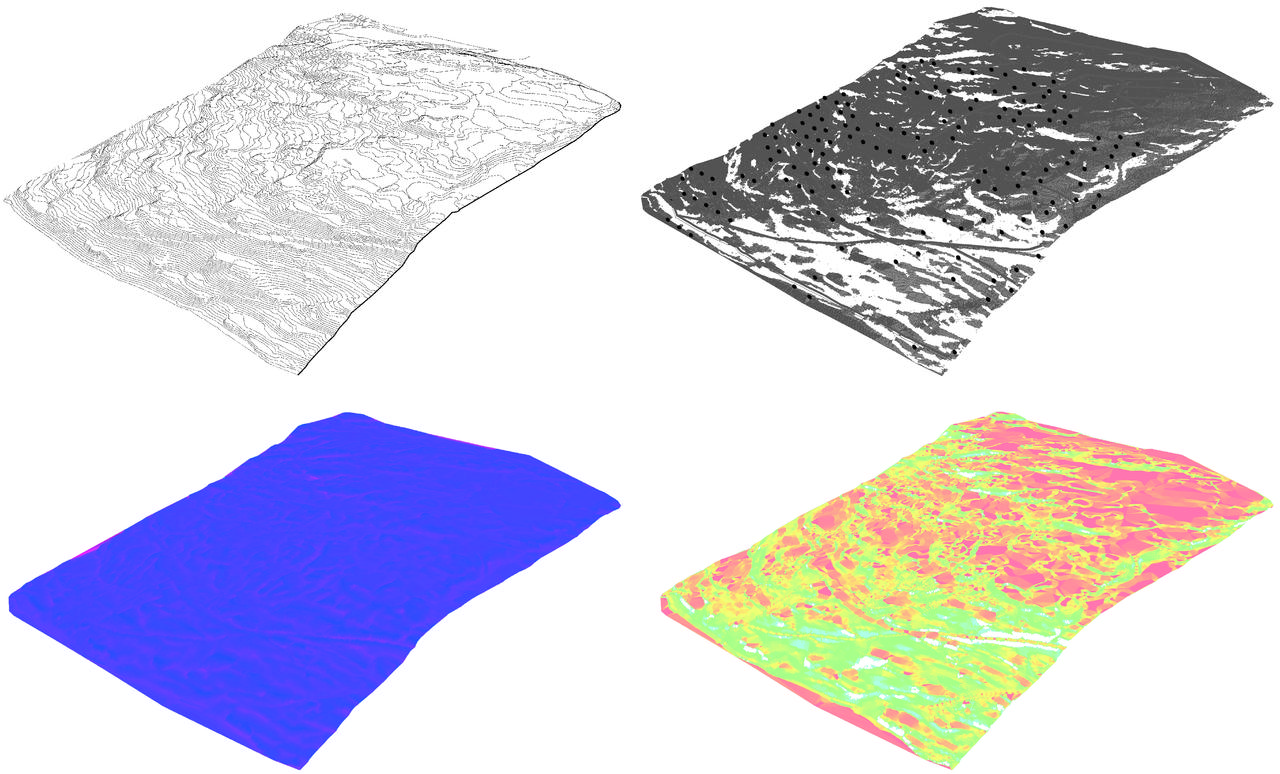Agenda
Lanzamiento
Lab 010 Michael Hensel
Embedded Architectures

Embedded Architectures
Embedded Architectures is an approach that
emerged at the intersection between architecture, landscape architecture and
urban design and is informed by a series of key works (Leopold, 1949; McHarg,
1969) in conjunction with a specific take on performance-oriented architecture (Hensel
2013; Hensel & Sunguroğlu Hensel 2019). While performance-oriented
architecture includes various key considerations concerning architecture and
environment interactions, embedded architectures takes this approach further
towards architecture and environment integration. The notion of environment is
used both in a broader and a narrower sense. In the broader sense, it includes
human dominated contexts together with related cultural practices, as well as
natural settings. In the narrower sense, focus is placed on the bio-physical
environment, while including cultural practices in using, modifying, and
maintaining human managed natural and productive landscapes. Architecture
refers here to constructions in general, not only in terms of inhabitable buildings.
The notion of embedded architectures delivers motive and motivation for the
work undertaken in the lab.
Michael U. Hensel es arquitecto, investigador y escritor. Cofundador de OCEAN en 1994, fue presidente de OCEAN Design Research Association desde 2008 hasta 2018. Actualmente codirige OCEAN Architecture | Environment. Es profesor en la Vienna University of Technology, donde es también director del Departamento de Arquitectura y Planificación Digital. Previamente ha enseñado en la Architectural Association School of Architecture en Londres, el Berlage Institute en Amsterdam, la Rice University en Houston y la Technical University de Munich. Fue fundador y director interino del Centro de Investigación de Arquitectura y Tectónica en Oslo, Noruega, así como miembro de innovación en la Universidad de Sydney y miembro honorario del Instituto de Estudios Avanzados de la Universidad Técnica de Munich. Pionero en la investigación proyectual y el diseño experimental computacional en arquitectura desde 1994, sus principales intereses de investigación incluyen la arquitectura orientada hacia la performance, la integración de arquitectura y ambiente, el diseño avanzado basado en el manejo de datos, y el desarrollo de enfoques alternativos en diseño sustentable y regenerativo. Su trabajo se ubica en la intersección entre arquitectura, arquitectura del paisaje, diseño urbano, micro-climatología y ecología.

